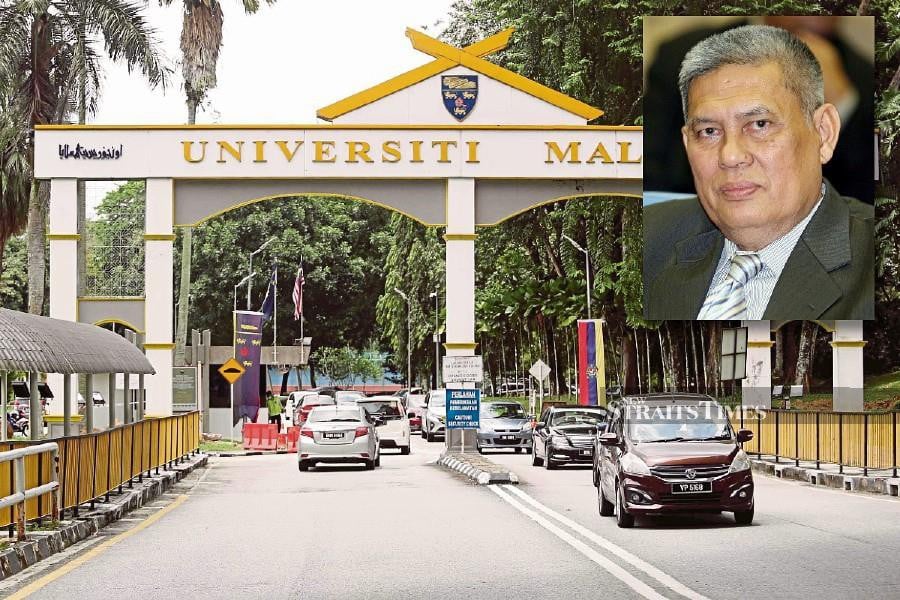KUALA LUMPUR: Merging several ministries will pave the way for a more competent and cost-effective cabinet, say former senior civil servants.
Former Transport Ministry secretary-general Tan Sri Ramon Navaratnam said consolidating ministries with similar responsibilities under one portfolio would also encourage more effective policy-making.
"The economies of scale is always important in administrations. Besides cutting down operational costs, the civil service can also be utilised more effectively via a merger.
"Of course, there will be overlapping roles, but these are normal organisational issues that can be ironed out.
"Consolidating the Higher Education Ministry and the Education Ministry, for example, could improve our education system
as a whole because both are intertwined.
"If we want to boost university admissions, then we have to lower school dropout rates. So, we need closer cooperation between schools and universities.
"But, the same approach will not be suitable for the Finance Ministry and the Economic Affairs Ministry. They should remain as two separate entities.
"The Finance Ministry is responsible for drawing up the country's annual budget and financial packages. The Economic Affairs Ministry, on the other hand, formulates long-term plans for the country's growth.
"So, we need to evaluate this on a case-by-case basis," he told the New Straits Times.
Besides appointing the right technocrats for certain portfolios, Ramon said the new administration should also ensure that the top echelon of civil servants comprise of a larger, multiracial talent base.
This, he said, would encourage healthier competition and boost productivity in the public sector.
Meanwhile, former Education director-general Tan Sri Alimuddin Mohd Dom did not foresee any administrative challenges if the higher education portfolio was reintegrated into the Education Ministry.
"Traditionally, one single minister was in charge of both schools and higher education.
"Since universities have the autonomy to set their own goals and direction, the ministry only needs to provide the fundamental guidelines to them. More oversight is needed for schools.
"So, it will be sufficient for a single education minister to oversee both portfolios.
"Doing so will allow policy development, training and examination divisions for schools and universities to be included under one umbrella. This will save administrative costs and also ensure continuity in our education policy.
"For example, if our universities aim to produce more science-based graduates, then we need policies to cultivate interest in science among children from preschools," he said.
Alimuddin also hoped the government would continue the practice of appointing two deputy education ministers, with one tasked to manage schools and the other to oversee colleges and universities.
However, constitutional law expert Professor Dr Nik Ahmad Kamal Nik Mahmod was worried that merging too many portfolios might overwhelm the cabinet members and delay decision-making.
"Mergers are cost-effective but it could render a ministry bloated and inefficient. Some departments could be overstaffed with civil servants having overlapping roles.
"Ministers may also lose their focus or perspectives if they have to manage and supervise a very large ministry."


